Take Action
Together, we can defend the rights of all women and ensure that education remains a powerful path to equity and opportunity.
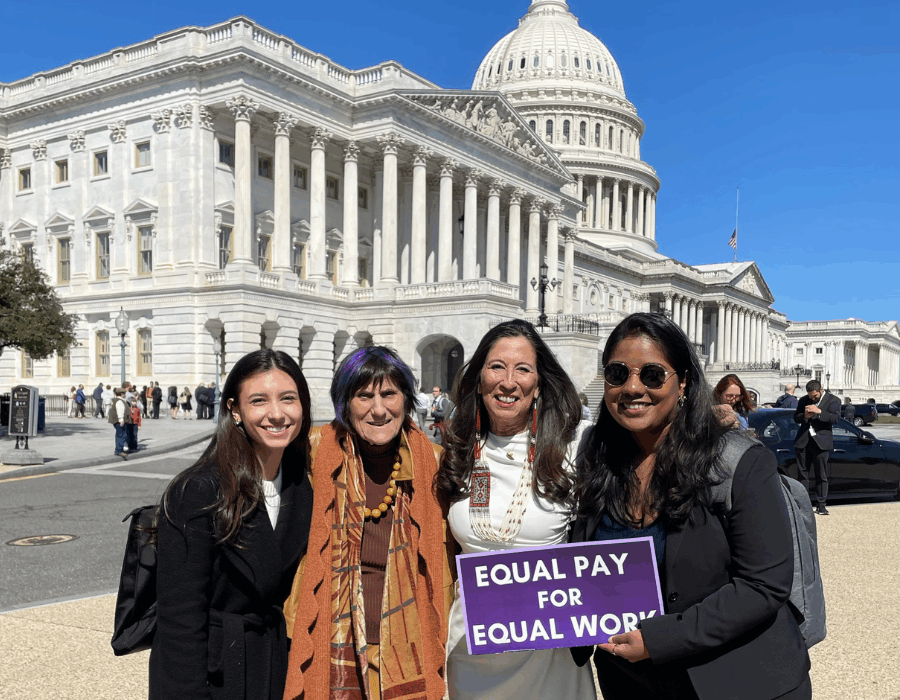
Take Action
Our country faces critical challenges to women’s rights, economic security, and access to quality higher education. Efforts to undermine civil rights protections and roll back progress in gender equity are accelerating. Now is the time to stand up, speak out, and take action for a more just and equitable future.
At AAUW, we know progress doesn’t just happen. It takes informed, persistent advocacy. That’s why we mobilize women across the country to fight for policies that protect and expand opportunity—for students, families, and future generations.
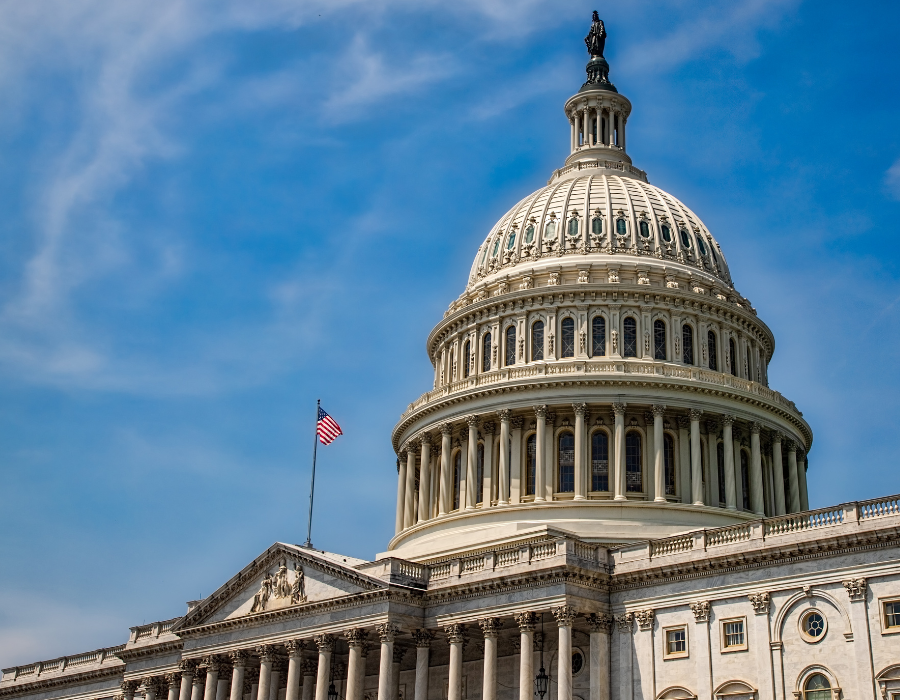
Public Policy Priorities
AAUW is nonpartisan—but never values-neutral. We stand for education, economic security, social justice and civil rights for all women. Our public policy principles and priorities are shaped by our commitment to equity by being nonpartisan, evidence-based, experience-driven, inclusive, and intersectional.
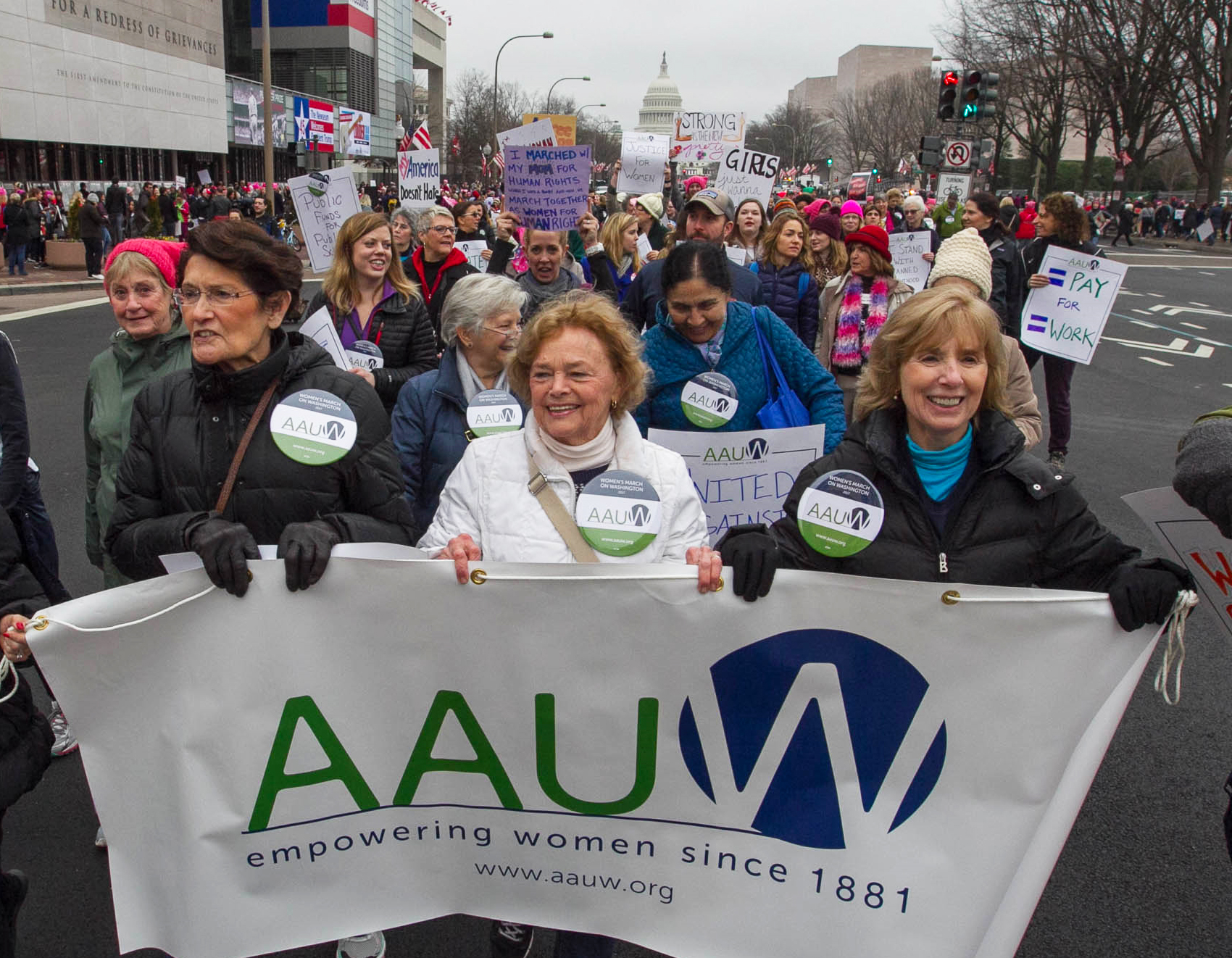
AAUW Action Network
You have the power to make change — and AAUW makes it easy to take action. Through our Action Network, you’ll get updates, advocacy trainings, and access to tools like our Two-Minute Activist, which makes contacting Congress fast and effective on critical issues like inclusive education, Title IX, pay equity, and reproductive rights.
AAUW Weighs In: Policy Updates
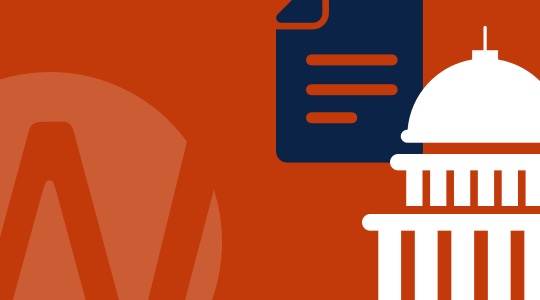
Election Resources
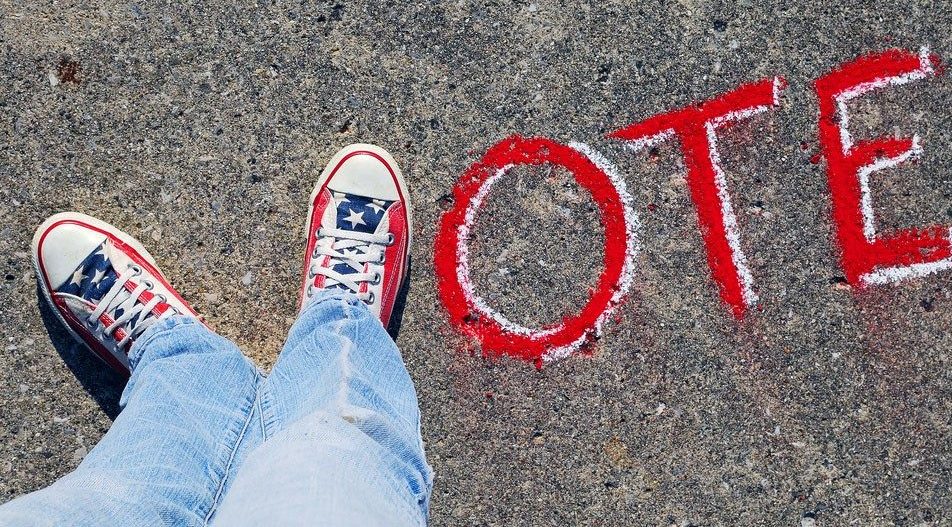
Advocacy Toolkit
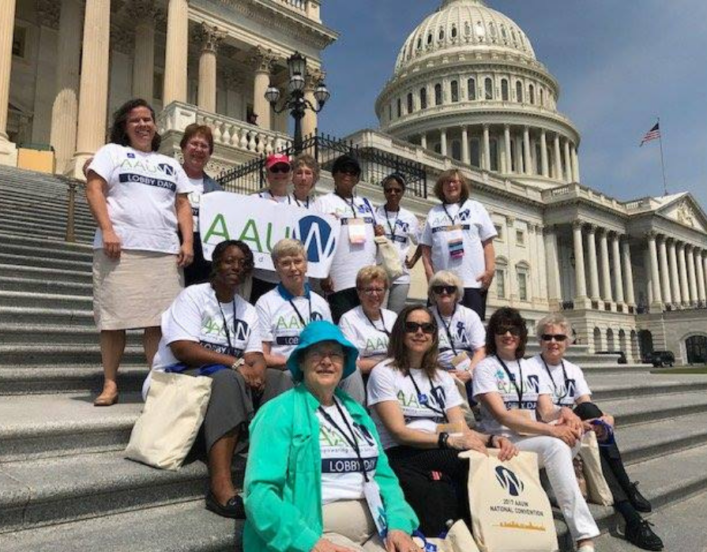
AAUW Weighs In
Explore how AAUW is speaking out—through letters to Congress, federal comments, and coalition actions. This is where you’ll find the latest advocacy documents that show how we’re fighting for gender equity, education access, and civil rights in real time.
Build Your Advocacy Voice
Find your confidence. Use your power. You don’t need to be an expert to make an impact. Our resources will help you build the skills to speak up with clarity and purpose—whether you’re writing to Congress, attending a town hall, or using media to share your message.
Elections Matter
Get involved in elections and help educate voters with our nonpartisan voter engagement campaign, “It’s My Vote!” Access voter guides, training, and resources to increase voter participation in your community. When women vote, we change the conversation—make sure your voice is heard!
AAUW Action Fund
In addition to lobbying on in Washington D.C. for issues affecting women and girls, our Action Fund provides voter education resources and works to get out the vote. Learn more about all the ways we work to advance gender equity and how you can get involved.
Go to Action Fund